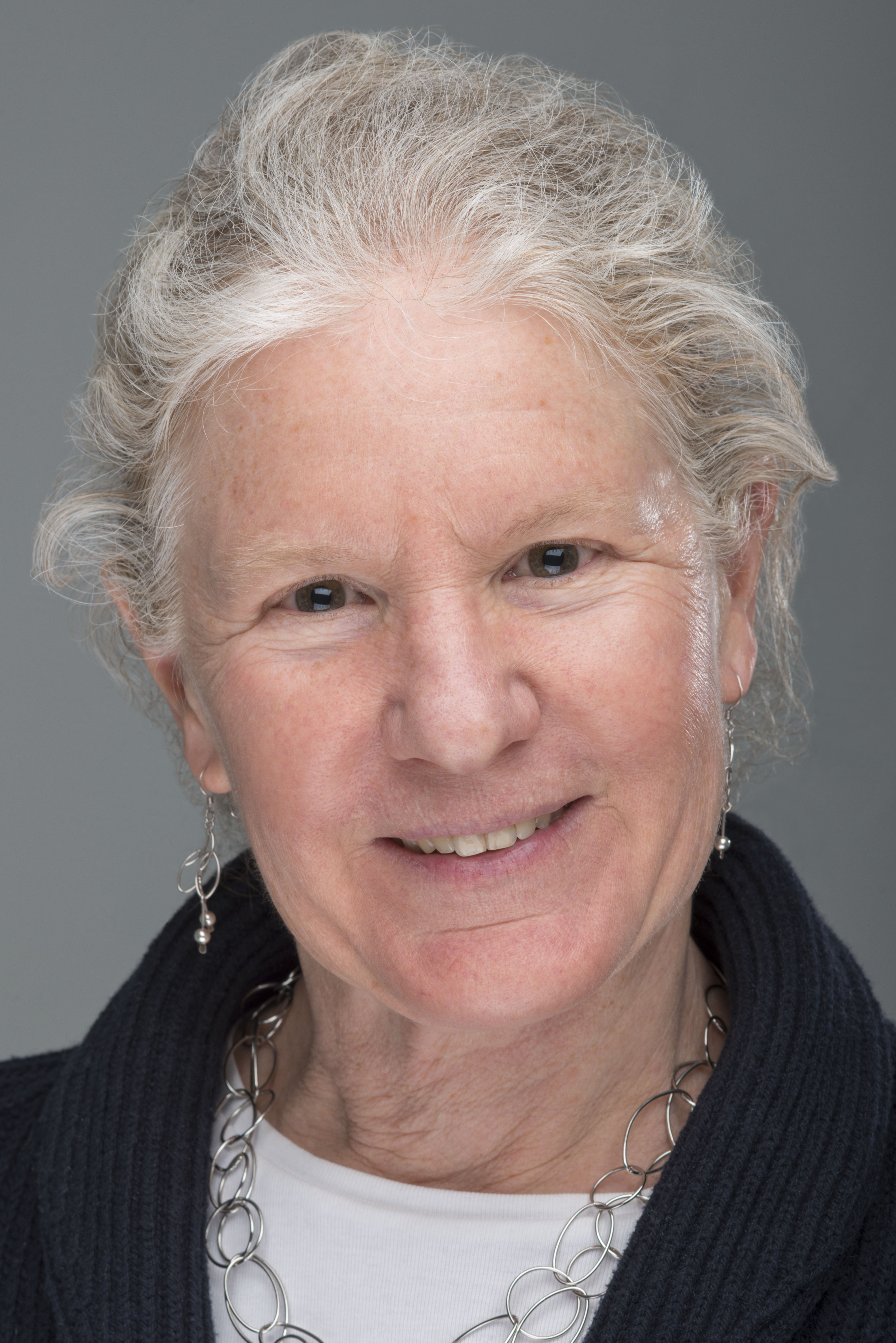- Home
- About UCGIS
- News and Stories
- Community
- Programs & Projects
- TRELIS
- Symposia
- Summer Schools
- Webinars & Workshops
- Instructional Resources
- GIS&T Body of Knowledge
- I-GUIDE
- Completed Projects
- Join
Kate Beard
Dr. Beard’s areas of expertise include map generalization, multiple representation, spatial data quality, spatiotemporal data modeling, data integration, and semantic data modeling. This includes cutting edge research on geospatial event visualization for ocean observing systems, modeling spatial and temporal trends for Radon-222 in Maine, and a semantic web-based gazetteer model for volunteered geographic information. In one of her most highly regarded publications, a book chapter titled “Constraints on rule formation” (in Map Generalization: Making Rules for Knowledge Representation, 1991), she formulated the concept of constraint-based generalization, a method for automatic guidance of generalization processing that considers the spatial context of proximal features. The French National Mapping Agency Institut Géographique National (IGN) adopted this concept directly and implemented it a few years after the chapter was published, using it as a foundation for an agent-based automated generalization system that remains fully operational to the present day for generating multi-scale topographic data for all of France from a single detailed database. Over the span of her career, she has been the lead investigator on numerous projects funded by the National Science Foundation, the National Geospatial-Intelligence Agency, the US Geological Survey, and the Department of Defense, among others. She was the PI for a significant NSF-IGERT award for a multidisciplinary doctoral program in sensor science, engineering, and informatics at a time when sensor science was still a relatively new field. She was invited to the Committee on Center of Excellence for Geospatial Science of the National Research Council, the U.S. National Committee, Data for Science and Technology (CODATA); and the Data Access Working Group of the Digital Library for Earth Systems Education (DLESE). She also served on the Board of Directors of the Cartography and Geographic Information Science Society. She has served UCGIS in several capacities, including as a member of the Board of Directors and as its Treasurer. Dr. Beard is a distinguished teacher and offers courses on spatial analysis, GIS applications, and GIScience fundamentals. She has supervised over 30 master’s degree students and nine PhDs, as well as serving on the committee of 40 PhD students outside of her core disciplinary unit, a testament to the breadth of her expertise and interdisciplinary scope. Graduate students are drawn to Dr. Beard for her command of a broad range of basic to applied research subject matter, and she is consistently rated each semester by students at the very top or near the top of all instructors in the School of Computing and Information Science. The University of Maine has recognized Dr. Beard’s research and teaching accomplishments with the 2014 Presidential Research and Creative Achievement Award (the highest research award on campus), the 2014 Outstanding Faculty in Research/Creative Achievement Award (the highest research award by the College of Liberal Arts and Sciences), the 2014 ADVANCE Career Recognition Award from the University of Maine’s Rising Tide Center (in recognition of her leadership among women faculty), and the 1999 Ashley Campbell Award of the College of Engineering (highest academic and research award by that College). She has also been nationally and internationally recognized with the 2002 Earle J. Fennel Award for Outstanding Contribution to Surveying and Mapping Education and the 2002 Land Victoria Fellowship of the University of Melbourne, Australia. |

 Dr. Kate Beard is a Professor of Spatial Informatics in the School of Computing and Information Science at the University of Maine. She also serves as the director of the Maine venue of the National Center for Geographic Information and Analysis (NCGIA), a position she has held since 2006. Dr. Beard is known for the breadth and quality of her research work, her insightful achievements, and her ability to mobilize and lead teams of researchers and students in achieving the advancement of geographic information science. UCGIS is pleased to welcome her into the cadre of Fellows.
Dr. Kate Beard is a Professor of Spatial Informatics in the School of Computing and Information Science at the University of Maine. She also serves as the director of the Maine venue of the National Center for Geographic Information and Analysis (NCGIA), a position she has held since 2006. Dr. Beard is known for the breadth and quality of her research work, her insightful achievements, and her ability to mobilize and lead teams of researchers and students in achieving the advancement of geographic information science. UCGIS is pleased to welcome her into the cadre of Fellows.